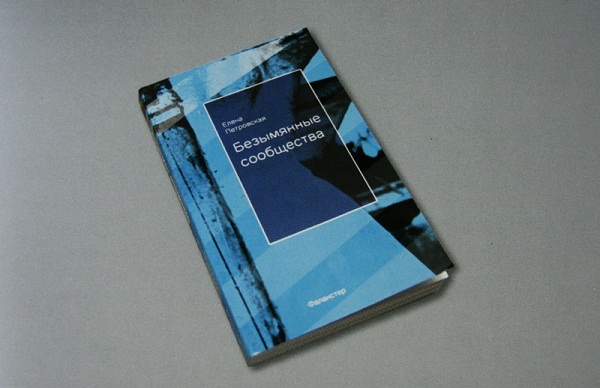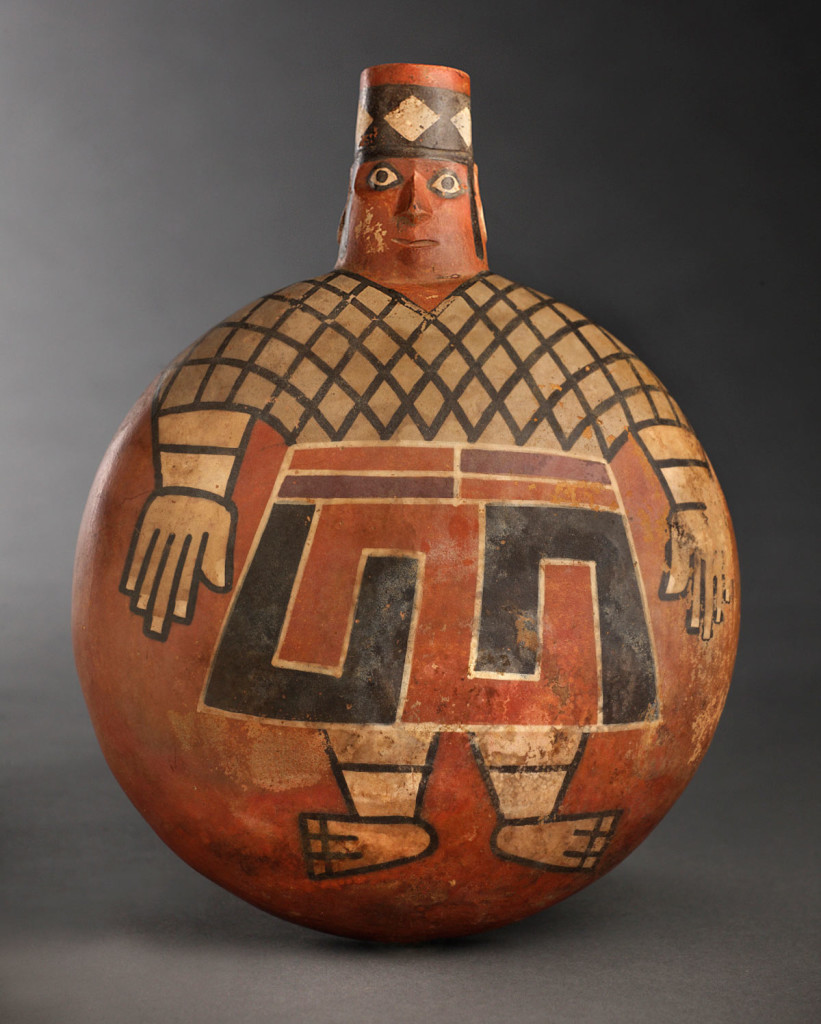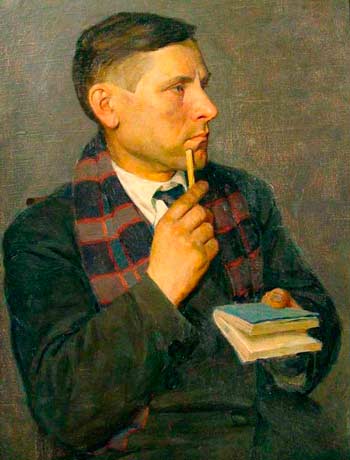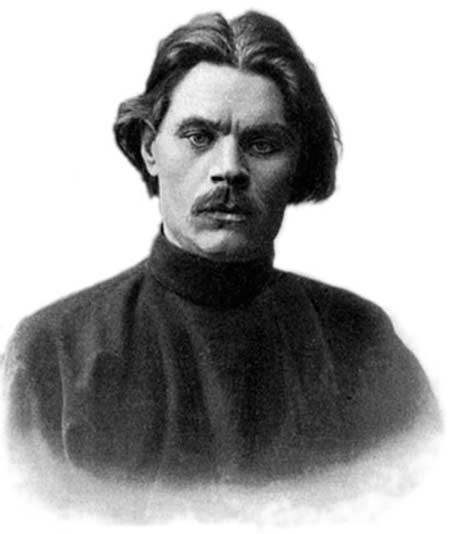Afanasy Nikitin “Going beyond three seas”
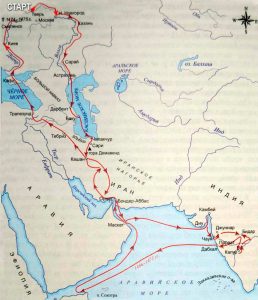 “Going beyond the three seas of Afanasy Nikitin” (see its full text) – a description by a 15th century Russian man of his journey to far India.Afanasy Nikitin was a Tver merchant. In 1466, he joined the embassy of Grand Duke Ivan III, who was traveling to Azerbaijani Shemakha. Nikitin went to Shamakhi for commercial purposes, but on the way he was robbed by the Tatars, who took everything from him, even the Bible, which, as a very religious man, he never parted. Then he decided to try his luck and continue to trade: he did not want to return home empty-handed. So he made his trip “for three seas” (the Caspian, Black and Indian), and got by dry road to India before the famous navigator Vasco da Gama. Continue reading
“Going beyond the three seas of Afanasy Nikitin” (see its full text) – a description by a 15th century Russian man of his journey to far India.Afanasy Nikitin was a Tver merchant. In 1466, he joined the embassy of Grand Duke Ivan III, who was traveling to Azerbaijani Shemakha. Nikitin went to Shamakhi for commercial purposes, but on the way he was robbed by the Tatars, who took everything from him, even the Bible, which, as a very religious man, he never parted. Then he decided to try his luck and continue to trade: he did not want to return home empty-handed. So he made his trip “for three seas” (the Caspian, Black and Indian), and got by dry road to India before the famous navigator Vasco da Gama. Continue reading
Aristophanes “Clouds”
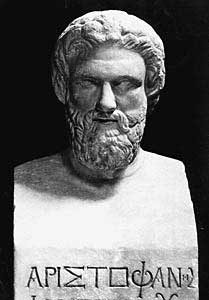 Somewhat different from the usual carnival type of Aristophanes are his comedies, which pose problems of a non-political, but cultural order. Already the first (not come down to us) comedy by Aristophanes “Feasting” (427) was devoted to the question of the old and new upbringing and portrayed the evil effects of learning in the spirit of the new sophistic fashion. To the same topic, Aristophanes returned to the comedy “Clouds” (423), making fun of sophistry. But “Clouds”, which the author considered to be the most serious of the works he wrote so far, did not succeed with the audience and won the third prize. Subsequently, Aristophanes partially reworked his play, and it came to us precisely in this second edition. Continue reading
Somewhat different from the usual carnival type of Aristophanes are his comedies, which pose problems of a non-political, but cultural order. Already the first (not come down to us) comedy by Aristophanes “Feasting” (427) was devoted to the question of the old and new upbringing and portrayed the evil effects of learning in the spirit of the new sophistic fashion. To the same topic, Aristophanes returned to the comedy “Clouds” (423), making fun of sophistry. But “Clouds”, which the author considered to be the most serious of the works he wrote so far, did not succeed with the audience and won the third prize. Subsequently, Aristophanes partially reworked his play, and it came to us precisely in this second edition. Continue reading
Ariosto, “Furious Roland”
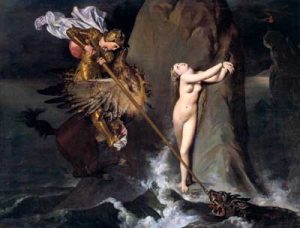 Poem Ludoviko Ariosto “Furious Roland” had more than 80 editions in the XVI century. The elegant and at the same time simple language brought her a quick triumph over the poem Boyardo. The adventures of Furious Roland are no less varied and much better narrated; the fantasy is rich, youthful fresh, courageous; the poem is imbued with a tender feeling that charmed women. Far surpassing Boyardo by the power of poetic creativity, Ludovico Ariosto surpasses her and his successor, Torquato Tasso. Even those scenes full of voluptuousness are depicted in Ariosto with tenderness and modesty. Continue reading
Poem Ludoviko Ariosto “Furious Roland” had more than 80 editions in the XVI century. The elegant and at the same time simple language brought her a quick triumph over the poem Boyardo. The adventures of Furious Roland are no less varied and much better narrated; the fantasy is rich, youthful fresh, courageous; the poem is imbued with a tender feeling that charmed women. Far surpassing Boyardo by the power of poetic creativity, Ludovico Ariosto surpasses her and his successor, Torquato Tasso. Even those scenes full of voluptuousness are depicted in Ariosto with tenderness and modesty. Continue reading
Puglia “Golden Ass”
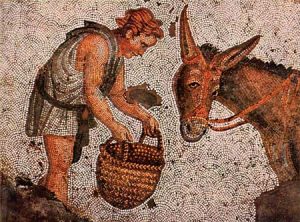 The Roman writer Apuleius won his main glory with the novel Metamorphoses (Transformations). Subsequently, this novel, in connection with the high appreciation of its readers, received another name, the Golden Ass.
The Roman writer Apuleius won his main glory with the novel Metamorphoses (Transformations). Subsequently, this novel, in connection with the high appreciation of its readers, received another name, the Golden Ass.
At the beginning of the novel, Apuleu says: “I begin the story in order to weave various fables in Milesian manner.” By this, he points to the closeness of his work to the Greek stories of Aristide of Miletus, translated into Latin in the first century. BC er By Cornelius of Sizenna. Continue reading
ALEXANDER SOLZHENITSYN. “PETERSBURG” ANDREI BELOGO
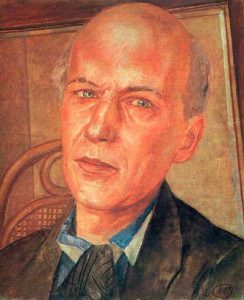 About Andrei Bely himself. He is too shaky and unbalanced to write a balanced work. In his unbridled fantasies themselves – unhealthiness, mental shift. Or rather: his peace of mind – “Almost everyone is sick.” And all his characters are so distorted as if he cannot imagine anything healthy. His own, even decadently cultivated, soreness manifests itself many times in the novel. And bizarrely anecdotally, he expresses himself in Nikolai Apollonovich: he spent a week at home in a black masquerade mask (in reality, there was a tiff with L. D. Blok) and “wanted to appear in a domino of flame color, in a mask, with a dagger in his hand”. So, Dudkin said: “I was not in love with any of the women: I was in love with separate parts of the female body, with toiletries, and stockings.” Bely himself writes: “I went through a disease where Friedrich Nietzsche, the magnificent Schumann and Hölderlin, fell into madness”. Continue reading
About Andrei Bely himself. He is too shaky and unbalanced to write a balanced work. In his unbridled fantasies themselves – unhealthiness, mental shift. Or rather: his peace of mind – “Almost everyone is sick.” And all his characters are so distorted as if he cannot imagine anything healthy. His own, even decadently cultivated, soreness manifests itself many times in the novel. And bizarrely anecdotally, he expresses himself in Nikolai Apollonovich: he spent a week at home in a black masquerade mask (in reality, there was a tiff with L. D. Blok) and “wanted to appear in a domino of flame color, in a mask, with a dagger in his hand”. So, Dudkin said: “I was not in love with any of the women: I was in love with separate parts of the female body, with toiletries, and stockings.” Bely himself writes: “I went through a disease where Friedrich Nietzsche, the magnificent Schumann and Hölderlin, fell into madness”. Continue reading
